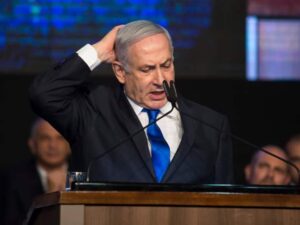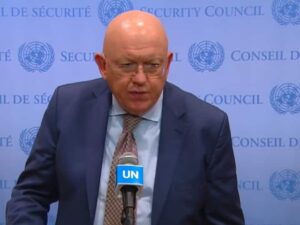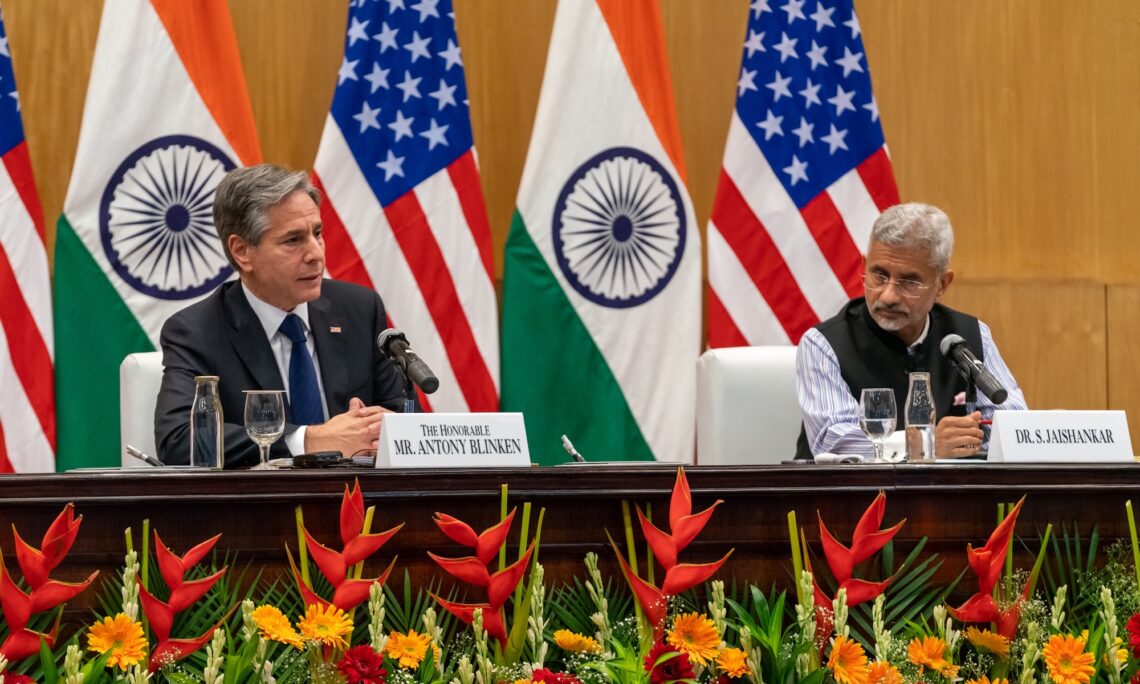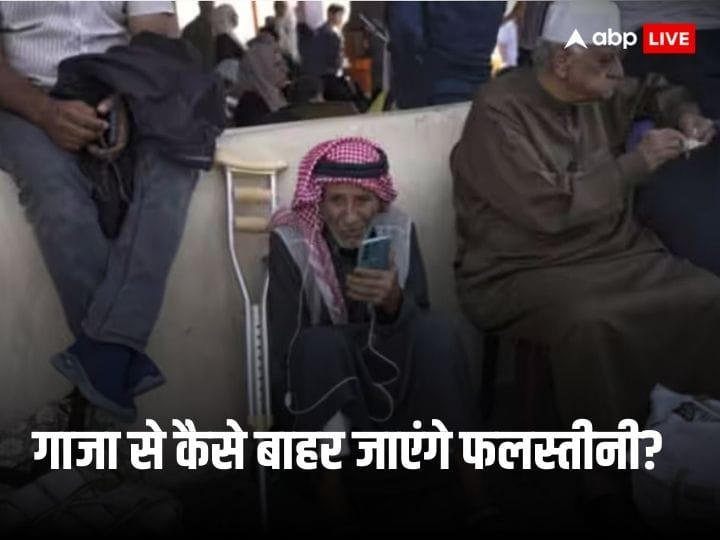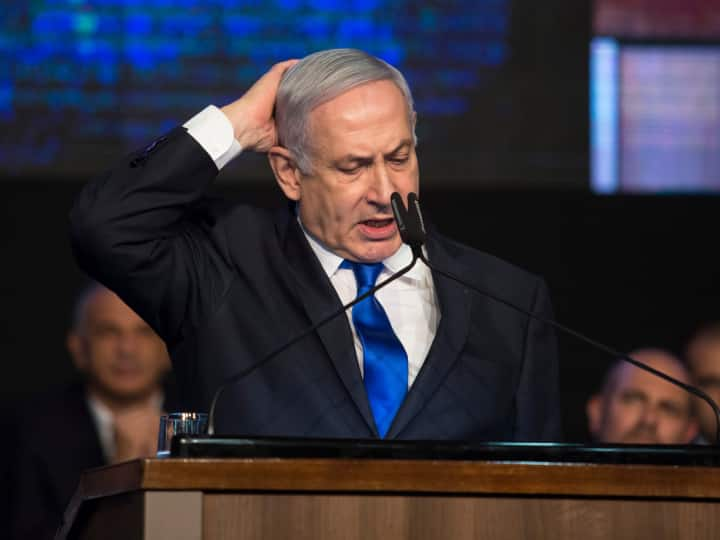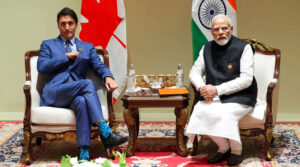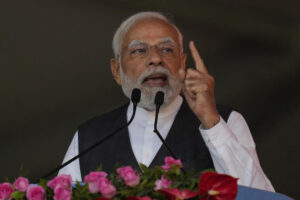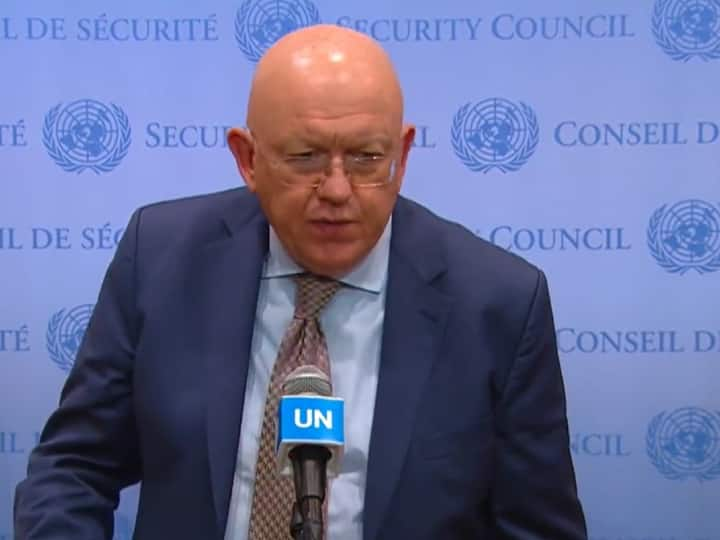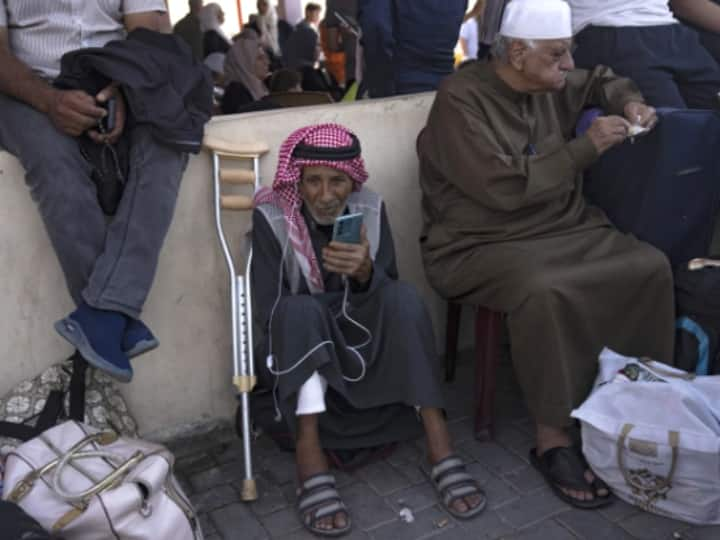In a world where the boundaries of justice are increasingly blurred by international intrigue and political maneuvering, Secretary of State Antony Blinken’s recent call for India to join the Canadian probe into transnational repression sends a clear message: the United States takes this matter seriously. This article delves into the intricate web of transnational repression, examining Blinken’s statement and its implications. Join us on a journey to understand the complexities of this pressing issue.
The Global Landscape of Transnational Repression
Transnational repression is a term that has gained prominence in recent years, signifying the concerted efforts of authoritarian regimes to target dissidents and opposition figures living abroad. These efforts often involve a range of tactics, from surveillance and harassment to abduction and assassination. Understanding the global landscape of transnational repression is crucial to comprehending the gravity of Blinken’s statement.
The Chilling Impact on Dissidents
Dissidents living in foreign countries face constant fear and uncertainty. They often find themselves looking over their shoulders, wondering if they are being watched or if their loved ones back home are in danger. Blinken’s call for India’s involvement recognizes the chilling impact such repression has on individuals and their families.
Diplomatic Response to Repression
In the realm of international diplomacy, addressing transnational repression poses significant challenges. Nations must balance their strategic interests with their commitment to human rights and democracy. Blinken’s call encourages a diplomatic response to this issue, emphasizing the need for collaboration among nations to combat repression effectively.
The Canadian Probe: An Overview
The Canadian government’s decision to launch a probe into transnational repression is a significant development in the fight for justice and accountability. Let’s delve into the details of this investigation.
Investigative Scope
The Canadian probe aims to uncover instances of transnational repression and hold those responsible accountable. It will examine cases involving individuals targeted by foreign governments and seek evidence of wrongdoing.
International Cooperation
Secretary Blinken’s suggestion that India join the Canadian probe underscores the importance of international cooperation in addressing transnational repression. Such collaboration can provide a broader perspective and access to critical information.
Blinken’s Statement: A Turning Point
Secretary Blinken’s statement carries substantial weight in the international arena. It marks a turning point in the fight against transnational repression.
Strengthening Alliances
By urging India to participate in the Canadian probe, the United States is working to strengthen alliances with like-minded nations. This collaboration enhances the collective ability to confront repression and protect those at risk.
Sending a Message
Blinken’s call sends a powerful message to authoritarian regimes that engage in transnational repression. It signals that such actions will not go unnoticed or unchallenged on the global stage.
Conclusion
In a world grappling with the complexities of transnational repression, Secretary Antony Blinken’s call for India to join the Canadian probe is a significant step towards accountability and justice. By recognizing the chilling impact on dissidents, advocating diplomatic responses, and emphasizing international cooperation, the United States sets the stage for a unified front against repression.


